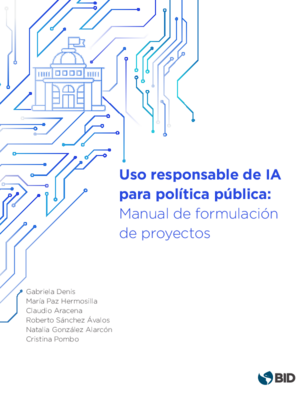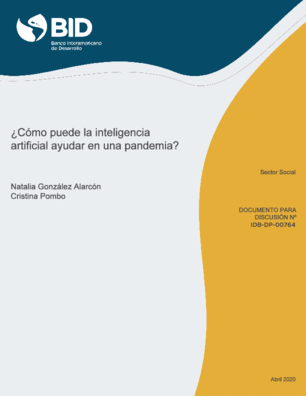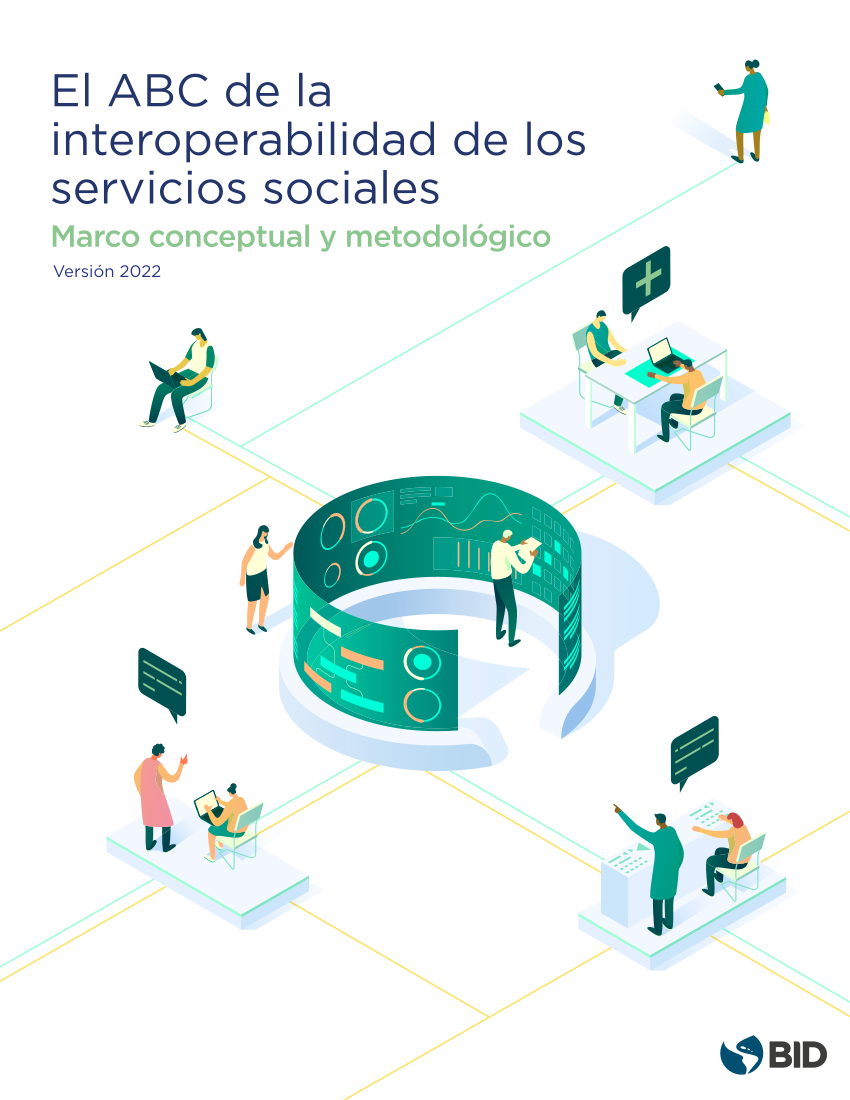Back to Observatory
CEDO Intercultural
The effects of climate change on the coastal communities of Mexico demand the application of adaptation strategies. Artisanal fishing plays a fundamental social and economic role in these communities. The understanding and acceptance that local fishermen have of climate change information and their perceptions of environmental change will shape and influence the implementation of policies; the experiences of fishermen may also help inform the adoption of new policies. This project analyzes how climate change science and adaptation strategies are framed by the communication media.
Description of the service
CEDO is a platform that analyzes available information about climate change. It applies emotional analysis and Latent Dirichlet Allocation (LDA) for the modeling of issues to infer different subjects of discussion. The modeling of issues shows that the different lines of discussion about climate change are diverse, yet some issues are more frequent than others. The results may serve as a basis for existing planning efforts that consider the impacts of climate change in the design of actions and resource management tools.
CEDO provides the analysis of climate change information in two formats (i.e. two products): 1) a scientific manuscript with data analysis results; 2) a dashboard that can be used for classifying texts with a trained model.
Country of origin
Geographic scope of operations
México
Website
https://www.cedo.org/Type of executing entity
Not-for-profit OrganizationSector/industry
Stakeholders involved
(1) Departamento de Ciencias Marinas y Costeras, Universidad Autónoma de Baja California Sur. (2) Udall Center for Studies in Public Policy, University of Arizona (3) Departamento de Ecología Marina, Centro de Investigación Científica y de Educación Super
It may interest you
El objetivo de este documento es ayudar a los responsables de formular proyectos con IA durante su conceptualización y diseño, así como a liderar posteriormente su ejecución y monitoreo.
En la lucha contra el COVID-19 la tecnología se ha convertido en una de las herramientas más utilizadas
Marco conceptual y metodológico



